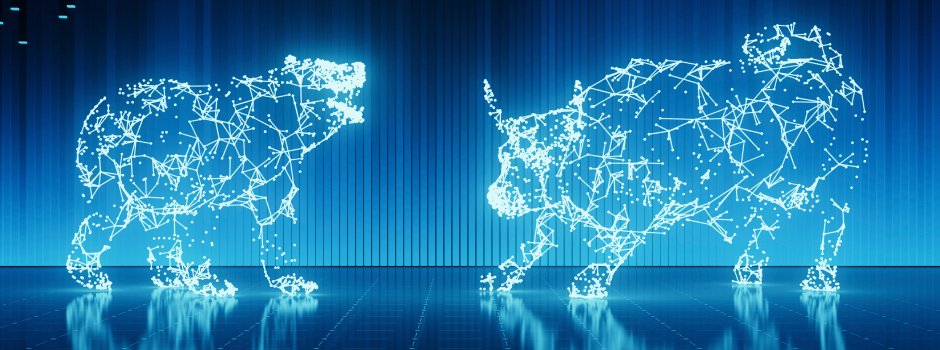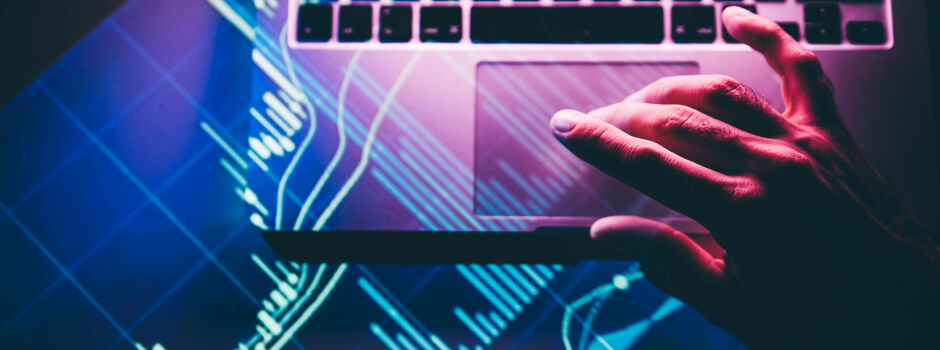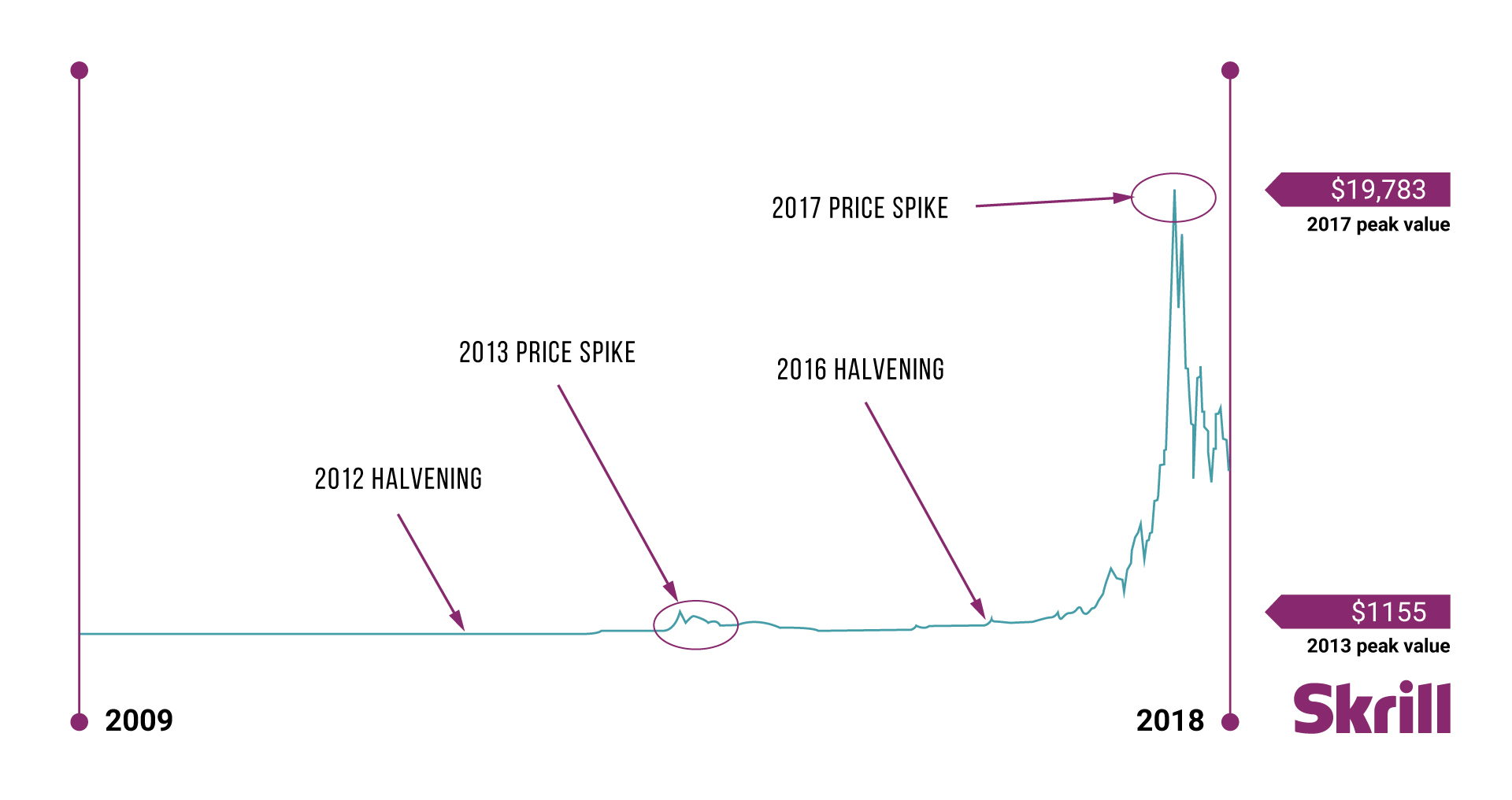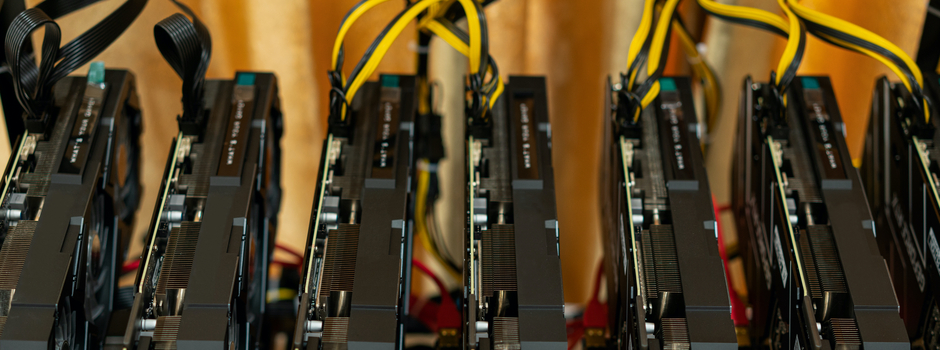Don’t invest unless you’re prepared to lose all the money you invest. This is a high-risk investment and you should not expect to be protected if something goes wrong. Take two minutes to learn more.
This article is not intended to be financial, investment or trading advice. This article is for information and solely for education purposes. It does not protect against any financial loss, risk or fraud.
Exploring the potential of tokenisation
Written by Lydia Rose Pallot
If we look at some of the ‘next-big things’ that have driven optimism about the future adoption of crypto, such as the Metaverse or buying cute Pudgy Penguin NFTs, tokenisation might not stir the imagination in comparison. However, the ability to put traditional finance and real-world assets on-chain could be the killer app that blockchain has been seeking, with an addressable market measured in trillions.
What is tokenisation?
Tokenisation refers to the managing of traditional financial or real-world assets (RWA) through blockchain-based infrastructure, reaping the benefits that the technology is already providing in disrupting the settlement of new forms of money.
If we use the current market for gold as an example, we can see the potential for tokenisation.
Let’s say an investor wants exposure to physical gold without having to store it. An Exchange Traded Fund (ETF) is the most obvious route, but settlement can take several days and there’s restrictive minimum transaction limits and custody fees.
A tokenised option, such as Paxos Gold, can be bought fractionally, settled instantly and costs nothing to custody. When we consider the market for physical gold ETFs is over $200bn, it’s clear to see the potential for tokenisation.
The benefits of tokenisation
The transparency of blockchains means that investors can have a clearer idea of what they hold, while their decentralised nature cuts out intermediaries which add to the transactional cost of traditional digital financial products.
Tokenisation of financial assets doesn’t end with commodities like gold; it can be applied to fixed income products, real estate, equities, securitised debt, and more niche applications, like carbon credits. The newly created tokens could be exchanged and traded instantly, anywhere and at any time, removing costly friction.
Plus, once an asset has been tokenised, that token represents tangible collateral that can be used within a whole universe of crypto financial services to transfer credit risk and generate further liquidity, growing the crypto pie.
Tokenising Real World Assets (RWA)
The potential tokenisation offers for entirely new ways of unlocking value goes beyond what is already happening with NFTs, music and intellectual property. In fact, its potential spans to everything of value that we own, which is likely why The Boston Consulting Group predict that the RWA market could be worth $16 trillion by 2030.
For example, Americana is a platform for tokenising collectibles. Their service includes a concierge vault to store the items and an authentication process that happens prior to the issuing of a token that can be sold, traded, or used as collateral.
How does tokenisation work?
Blockchains like Ethereum are open-source platforms for deploying computer programs called Smart Contracts that define the relationship between an underlying asset (e.g. physical gold) and a synthetic token that represents it on-chain.
Ethereum tokens follow a set of common standards called ERC-20, but there are numerous chains that support tokens, each with their own token standards and ability to support tokenisation.
Smart Contracts ensure the relationship between the RWA and its token is programmatically enforceable and verifiable. This relies on Oracles and blockchain-based price feeds to maintain the value-parity between the two.
For example, if a farmer tokenises his wheat crop, the Smart Contract that defines the relationship between the value of the wheat in storage and the token needs a price input, this is known as an Oracle.
The challenge of tokenising RWA
Though blockchains are good at tokenising virtual assets, it’s harder to represent the value of a physical asset. The problem of establishing the value of intangible assets is illustrated by the market for Carbon Credits, which should represent tracts of pristine rainforest but in some cases have failed to establish that authenticity.
- Valuation - Oracles can pull existing price information into Smart Contracts, but what happens if no feed exists?
- Authenticity - Algorithms might be able to estimate the value of common RWA, but you need humans to establish authenticity of novel and intangible assets, which creates a weak link in the chain.
- Condition/Location - Virtual assets are durable and traceable, but it’s a lot harder to track the condition and location of RWA.
Even if the technical problems of tokenisation can be overcome, the whole point of public blockchains is to remove intermediaries and allow self-custody, but that brings its own set of challenges.
Perhaps the biggest challenge of tokenisation is the danger of building another financial system on faulty risk-management. Meaning, we shouldn’t rush to tokenisation without a robust means to know that the value represented by tokens is accurately reflected in the real world.
Should Blackrock succeed in its recent application for a Bitcoin ETF, giving mainstream investors access to a native blockchain asset via a regulated token, that might represent a critical milestone for tokenisation. It would show that regulators are satisfied that there's a significant use case for tokenisation, which may then set off a chain reaction for the tokenisation of TradFi, reignite the existing arguments for NFTs and stimulate innovative ways to safely tokenise Real World Assets.
Try crypto with Skrill today
- Buy and sell over 40 different cryptocurrencies
- Set conditional orders to automate your trades
- Earn points and be rewarded with Skrill's loyalty programme, Knect
Cryptocurrencies are unregulated in the UK. Capital Gains Tax or other taxes may apply. The value of investments is variable and can go down as well as up.





